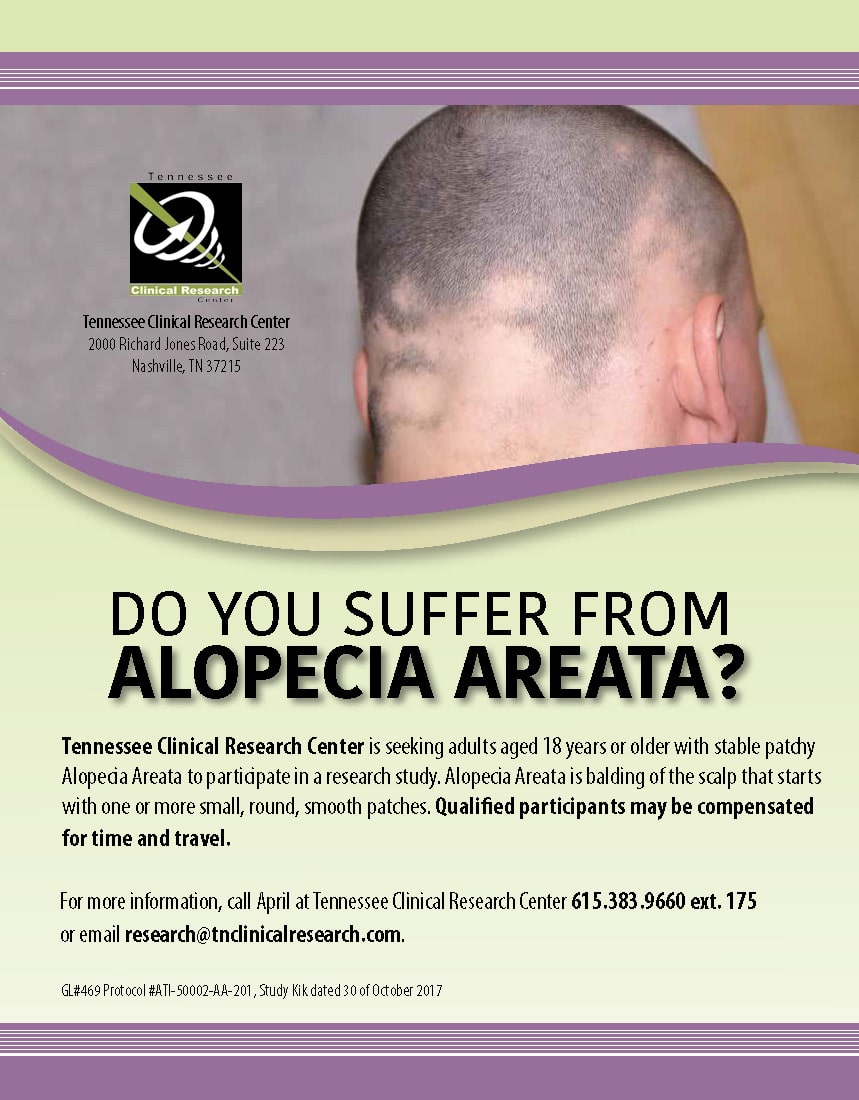What is Alopecia Areata?
As we discussed in our prior blog, “What is Androgenic Alopecia?”, September is Alopecia Awareness Month. Alopecia is a Latin term meaning “hair loss”, however there are four main types of alopecia: Androgenic Alopecia (AGA), Alopecia Areata (AA), Alopecia Totalis (AT), and Alopecia Universalis (AU). This month HPIHair will dive into the differences between these four types of alopecia.
Second on our list to discuss is Alopecia Areata (AA). Alopecia areata is an autoimmune disorder that causes unpredictable hair loss. It is the most common form of medical alopecia. 6.8 million people in the USA and 147 million people worldwide have been diagnosed with AA according to NAAF, the National Alopecia Areata Foundation. For most people who deal with AA, their hair falls out in patches of various sizes. Alopecia Areata can affect anyone, at any age. AA typically presents itself before the age of 30. AA is not limited to just the scalp; it can be seen anywhere hair forms on the body. It can sometimes form into more aggressive types of alopecia conditions, which we will discuss in our next two blogs.
Alopecia areata is a polygenic disease , meaning both parents contribute specific genes that are passed down to their child, which is very rare. Therefore, scientists believe more than just genetics play a role in causing AA and that other environmental and health factors contribute to developing this condition.
Resources and help for those dealing with AA:
NAAF was established in 1981 to offer support to individuals affected by alopecia areata. They advocate for change and fund research to find treatments or cures for all ages. NAAF provides a network of support for those dealing with AA and their families.
Epigenetic holistic testing can also be a point of entry to understanding how your health, environment, and stressors can effect AA.







